Author: Tjarda Muller
-
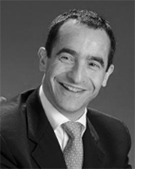
Bloomberg’s New Energy Finance’s Liebreich recognises the importance of gender in the energy sector.
Bloomberg New Energy Finance’s latest blog by Chaiman Michael Liebreich presents a thought-provoking view on energy sector reform where he recognises the importance of gender and advocates for an inclusive and fair energy sector. To read more on his views, please see his blog online or download the PDF.
-
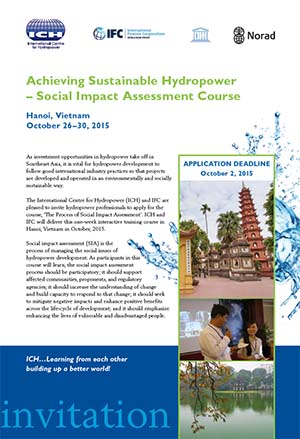
Course Invitation: Regional Course South East Asia – The process of social impact assessmen
Hanoi, Vietnam October 26–30, 2015 Achieving Sustainable Hydropower – Social Impact Assessment Course As investment opportunities in hydropower take off in Southeast Asia, it is vital for hydropower development to follow good international industry practices so that projects are developed and operated in an environmentally and socially sustainable way. The International Centre for Hydropower (ICH) and IFC are pleased to invite…
-
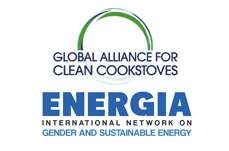
Getting Cooking Energy Right in the Post-2015 Indicators
August 8, 2015 Access to sustainable, safe energy has been left out of previous international development agendas and ENERGIA and the Global Alliance for Clean Cookstoves (Alliance) are committed to helping reverse this trend. The lack of access to clean and efficient cooking solutions has significant impacts on health, economic, and social well-being, gender equality, and the…
-
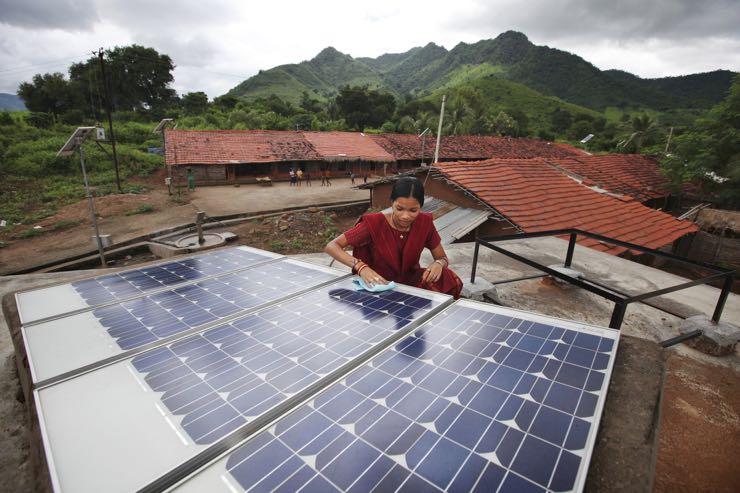
Introducing the Renewable Equity Project (REP) – Women’s Advancement on the Expansion of the Clean Energy Economy
CIERP is pleased to announce the launch of the Renewable Equity Project (REP), a new initiative to explore the impact of women’s advancement on the expansion of the clean energy economy. The project is developing cutting edge research geared toward energy sector institutions as well as innovative methods for building gender diversity in the clean energy…
-

Call for Case Studies for COP21
The French Delegation for COP21, along with a representative of the UNFCCC Secretariat, met with GGCA Members at the UNFCCC Bonn Intersessional in June 2015 to express interest in stories from the field demonstrating the success and efficacy of including gender in climate change mitigation. These stories will help move discussions about gender and…
-
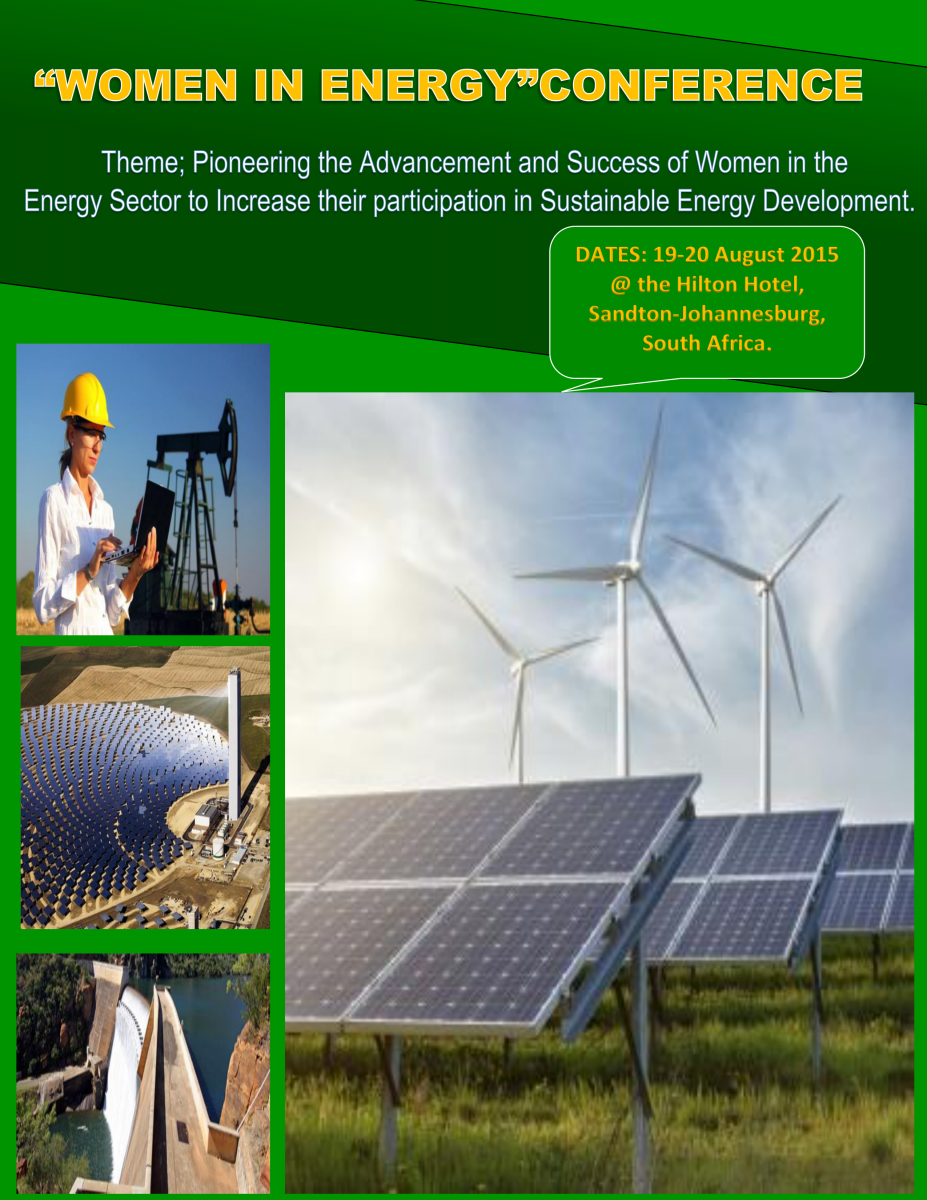
INVITATION TO THE “WOMEN IN ENERGY” CONFERENCE
On the Theme: Pioneering the Advancement and Success of Women in Energy Sector to Increase their Participation in Sustainable Energy Development. Date:19-20 August, 2015 at the Hilton Hotel, Sandton, Johannesburg, Gauteng –south Africa OVERVIEW This convention aims to bring together women in the energy sectors from across the African continent convening to mainstream the…
-
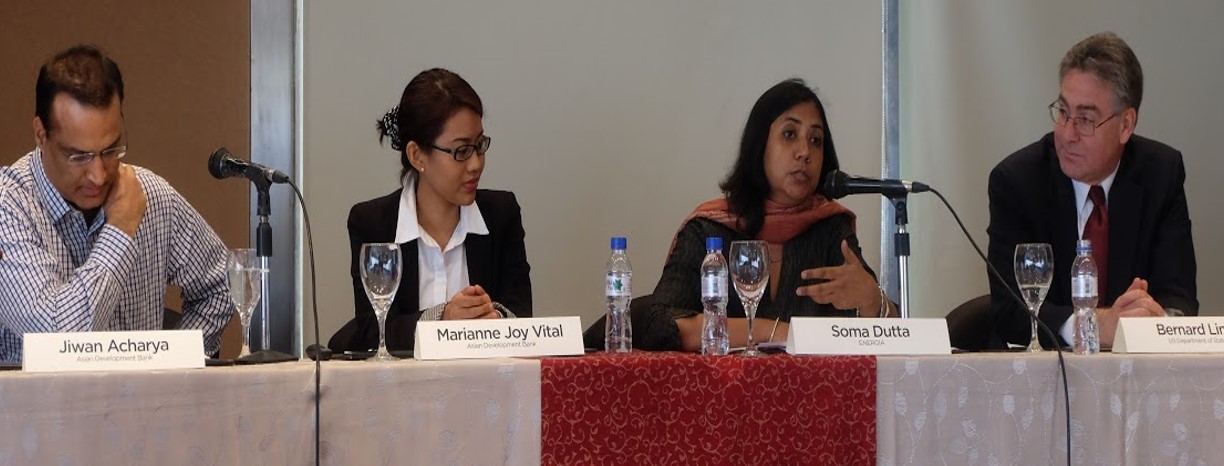
Unlocking energy access impacts through gender-sensitive approaches
During the Asia Clean Energy Forum in Manila, ENERGIA, the International Network on Gender and Sustainable Energy, together with the ADB and the Global Alliance for Clean Cookstoves organised a Deep Dive Session on Unlocking Energy Access Impacts through Gender-Sensitive Approaches. Amidst the grid electrification and other technology centred workshops, this session provided a…
-
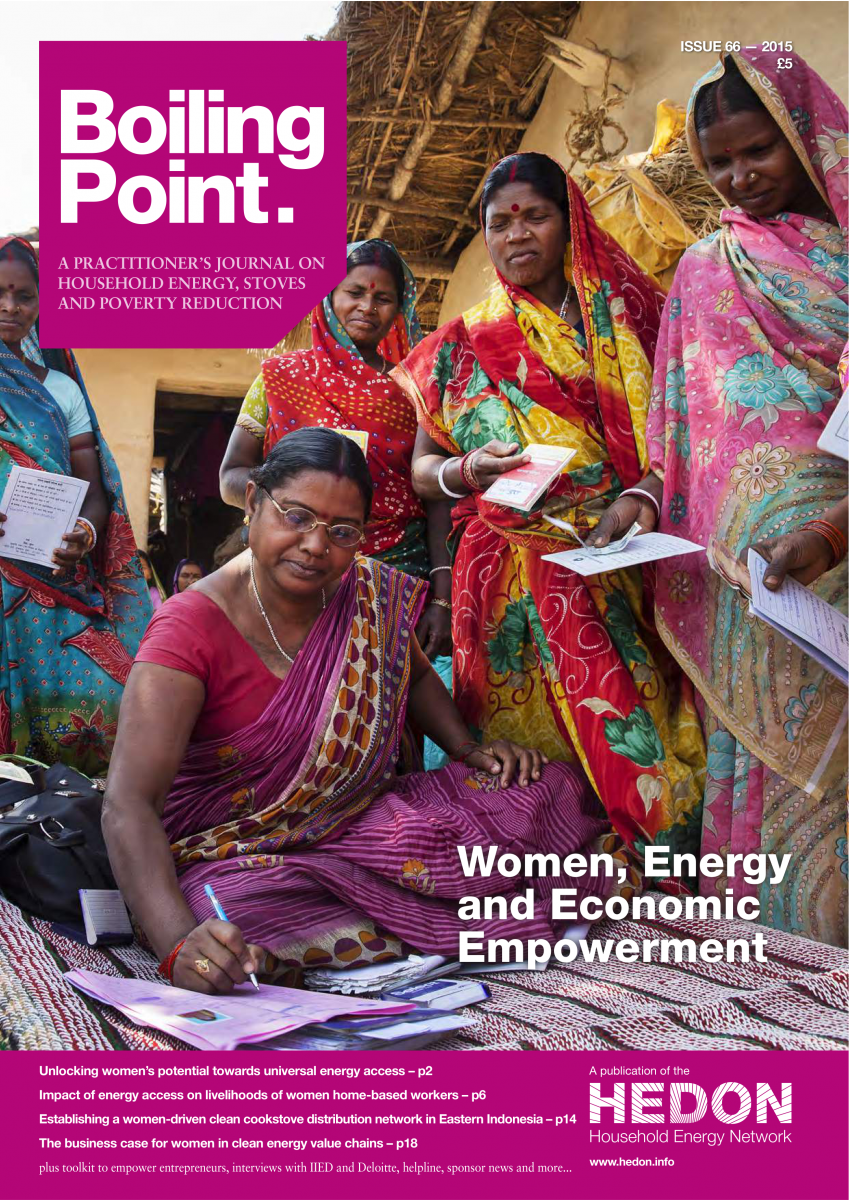
Boiling Point Issue 66: Women, Energy and Economic Empowerment
This issue’s theme on Women, Energy and Economic Empowerment shines light on the role of women in reaching energy products and services to the poor and ‘difficult to reach’ consumers. The issue also explores the impact that women led micro and small enterprises (MSEs) selling energy services can have, with respect to household spending, poverty,…
-
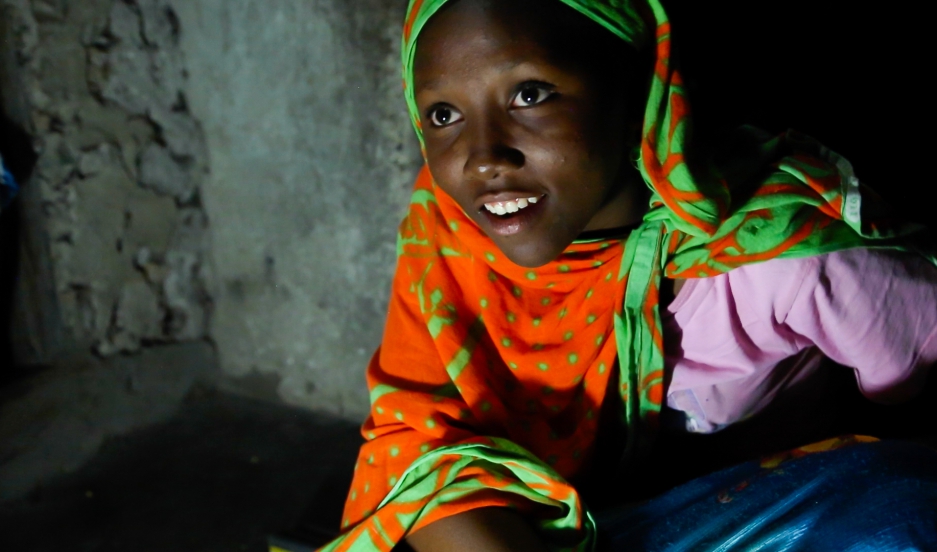
Zanzibar’s ‘Solar Mamas’ flip the switch on rural homes and gender roles
Fourteen year-old Nuru Sheha studies at night in the light of solar-powered LED lights at home in the village of Matemwe, on the Tanzanian island of Zanzibar. He family’s first electrical system was installed by one of Zanzibar’s 13 “solar mamas,” illiterate women trained in India to be solar power engineers. Able now to study…
-
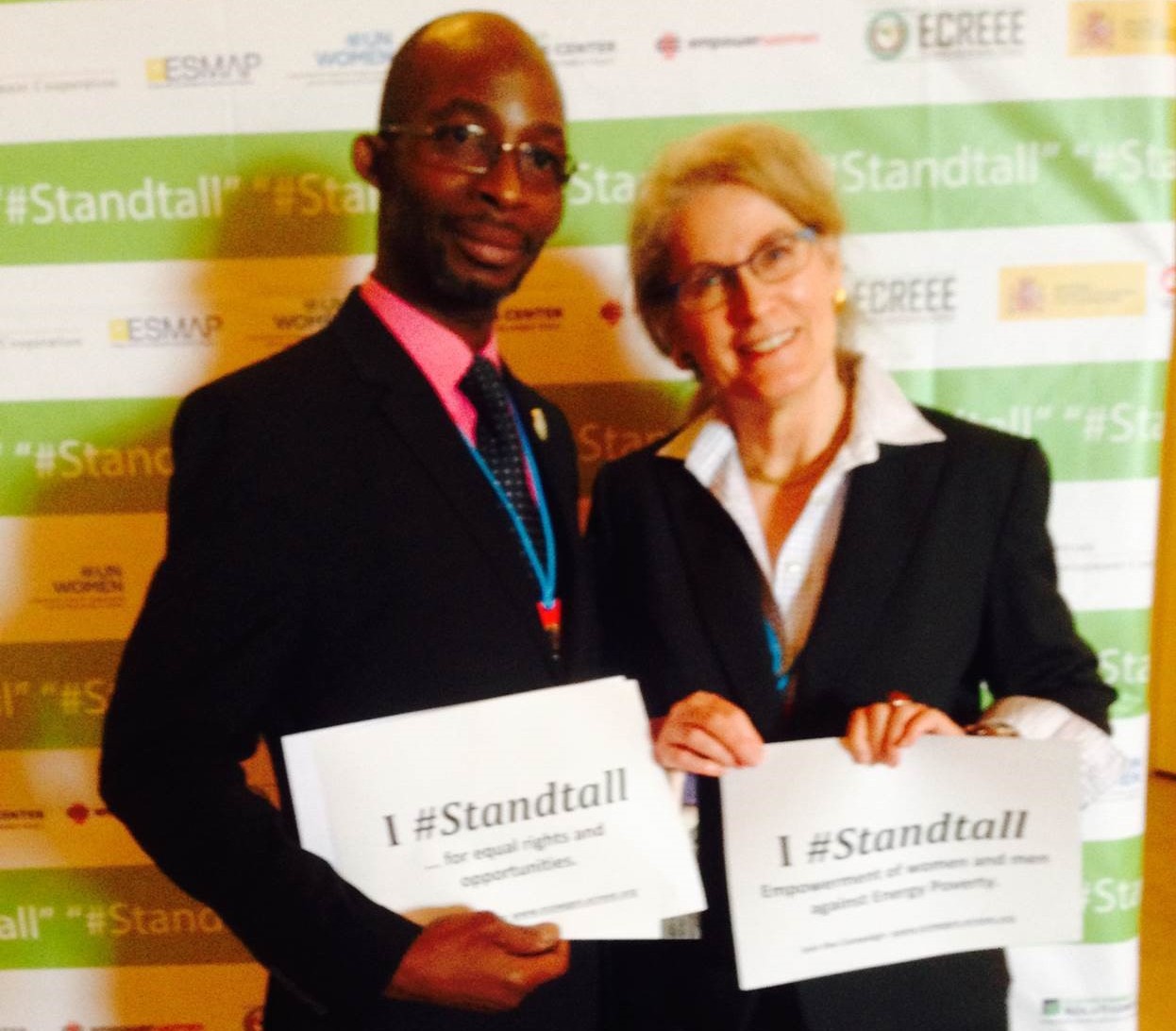
ENERGIA at the 2015 Vienna Energy Forum
Elizabeth Cecelski – 21 June 2015, Vienna, Austria From 18 – 20 June, UNIDO organized the Vienna Energy Forum 2015, together with SE4ALL. ENERGIA co-hosted a networking event and a side event on gender, energy and inclusive development. As one of ENERGIA’s technical advisor I attended this inspiring forum. It was good to see old…
-

Green Asia Grants of up to $5,000 to NGOs/CSOs Working in Asia
Deadline: 8 July 2015 The Korea Green Foundation’s Green Asia Grants annually provides financial aid to NGOs, civic organizations in the Asia region and this is the five consecutive year, it has been held. The Green Asia Grant supports environmental campaign, education and research projects by CSOs in Asian regions. It aims to support activities of CSOs…
-
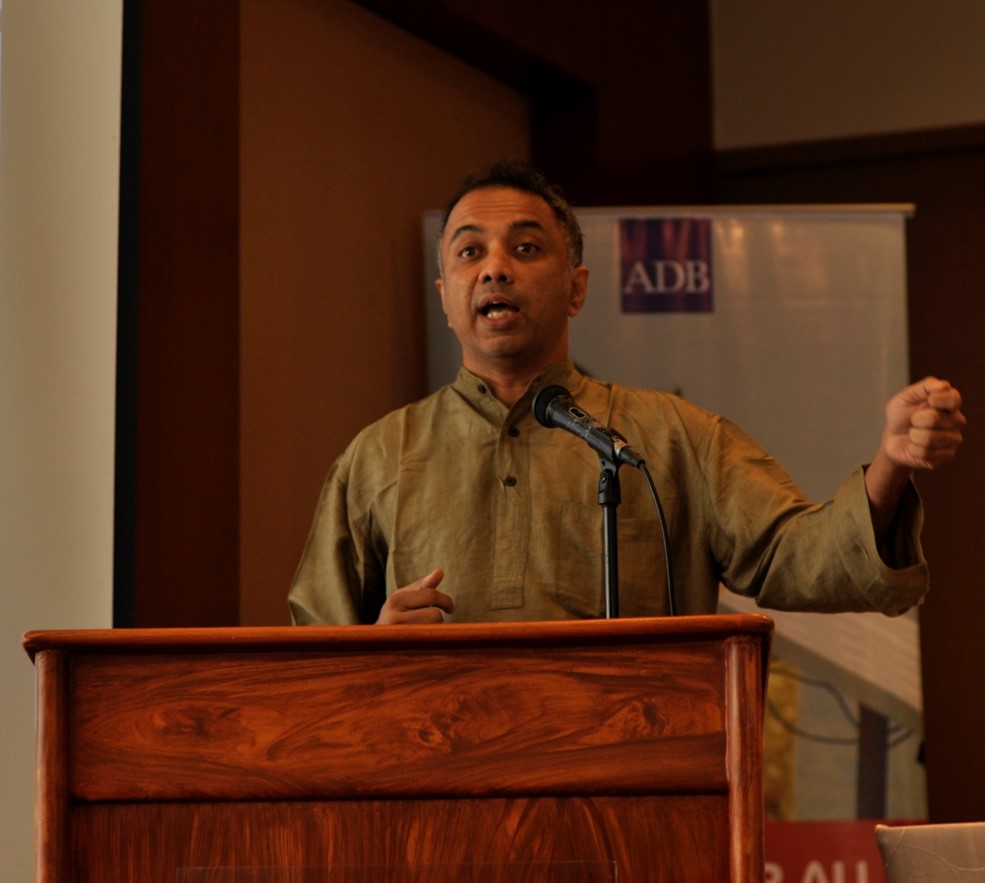
NGOs, public and private sector exchange during ACEF kick off
The 2015 Asia Clean Energy Forum kicked off on Sunday in Manila with a Sustainable Energy for All (SE4All) Consultation Workshop, bringing together leaders from public sector, private sector and civil society organisations working on energy in the Asia-Pacific region. The most impassioned intervention came from Harish Hande of SELCO-India, arguing that funders need to…

